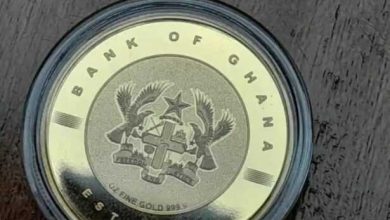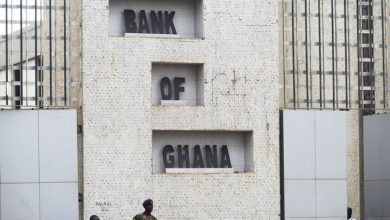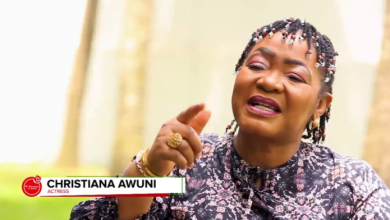Court sets date to rule on FDA’s ban on celebs endorsing alcoholic ads

|
Getting your Trinity Audio player ready...
|
The Supreme Court will deliver judgement on the case requesting cancellation of Food and Drugs Authority (FDA) Board’s directive against alcoholic advertisement by celebrities on April 10, 2024.
The date was fixed by a seven-member panel of the Supreme Court chaired by Chief Justice Gertrude Torkornoo on Wednesday, January 17, 2024.
The Food and Drugs Authority (FDA) in 2015 effected a directive meant to regulate the use of alcohol among Ghanaians. That aspect of their guidelines bars celebrities from advertising for alcoholic beverages.
The Authority had explained that due to the influential nature of these showbiz personalities, alcoholic advertisements they are involved in could push minors into alcoholism.
Representing the plaintiff, Mark Darlington Osae was Law Bobby Banson from the Robert Smith Law Group while the Food and Drugs Authority was represented by Justine Amenuvor.
Also present was Sammy Awuku, the Director General of the National Lottery Authority (NLA), a member of the legal team of Mark Darlington.
On November 11, 2022, Mark Darlington Osae, who’s the Plaintiff and the manager of Reggie ‘N’ Bollie and Skrewfaze, issued a writ at the Supreme Court, describing the FDA’s 2015 regulations against alcoholic advertisement of celebrities as discriminatory against the creative arts industry.
The writ indicates that the FDA directive which orders that, “no well-known personality or professional shall be used in alcoholic beverage advertising,” is inconsistent with and in contravention of articles 17(1) and 17 (2) of the 1992 Constitution.
He contends that, Articles 17(1) and 17 (2) of the 1992 Constitution guarantee quality before the law and prohibit discrimination against persons on grounds of social or economic status, occupation, among others, and consequently null, void, and unenforceable.
Creative industry people including Wendy Shay, Shatta Wale, Brother Sammy, Kuami Eugene, and Camidoh, had all spoken against the law and had called on powers that be to repeal it, prior to the court action initiated by Mark Darlington.
According to the stakeholders of the culture and creative industries, endorsements or advertisement of alcoholic beverages is one of the very few income streams available to them at present, therefore, any law that restricts their engagement is such activities robs them of their livelihood.
Source: adomonline.com




